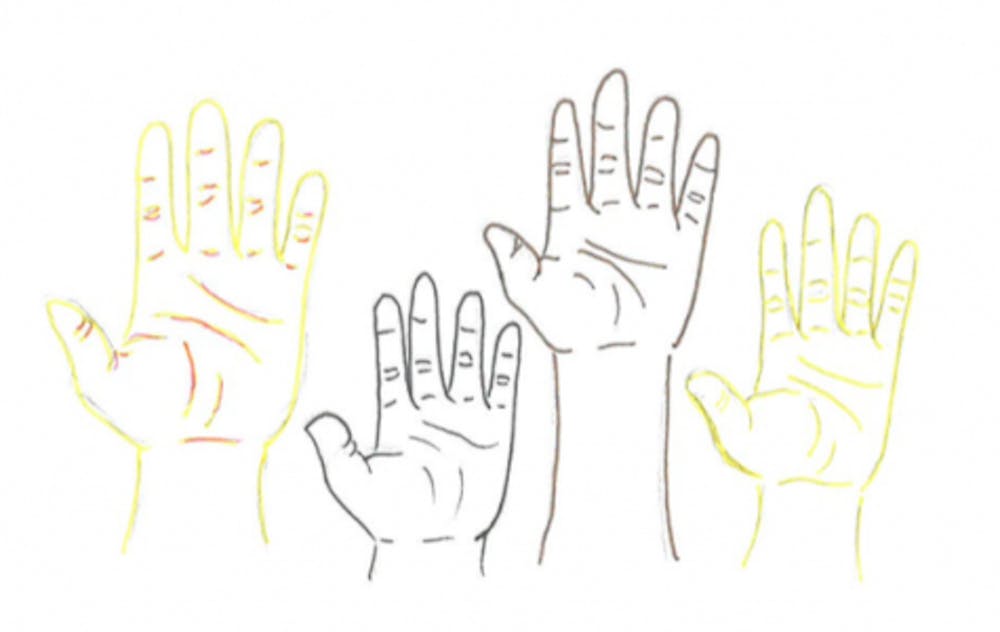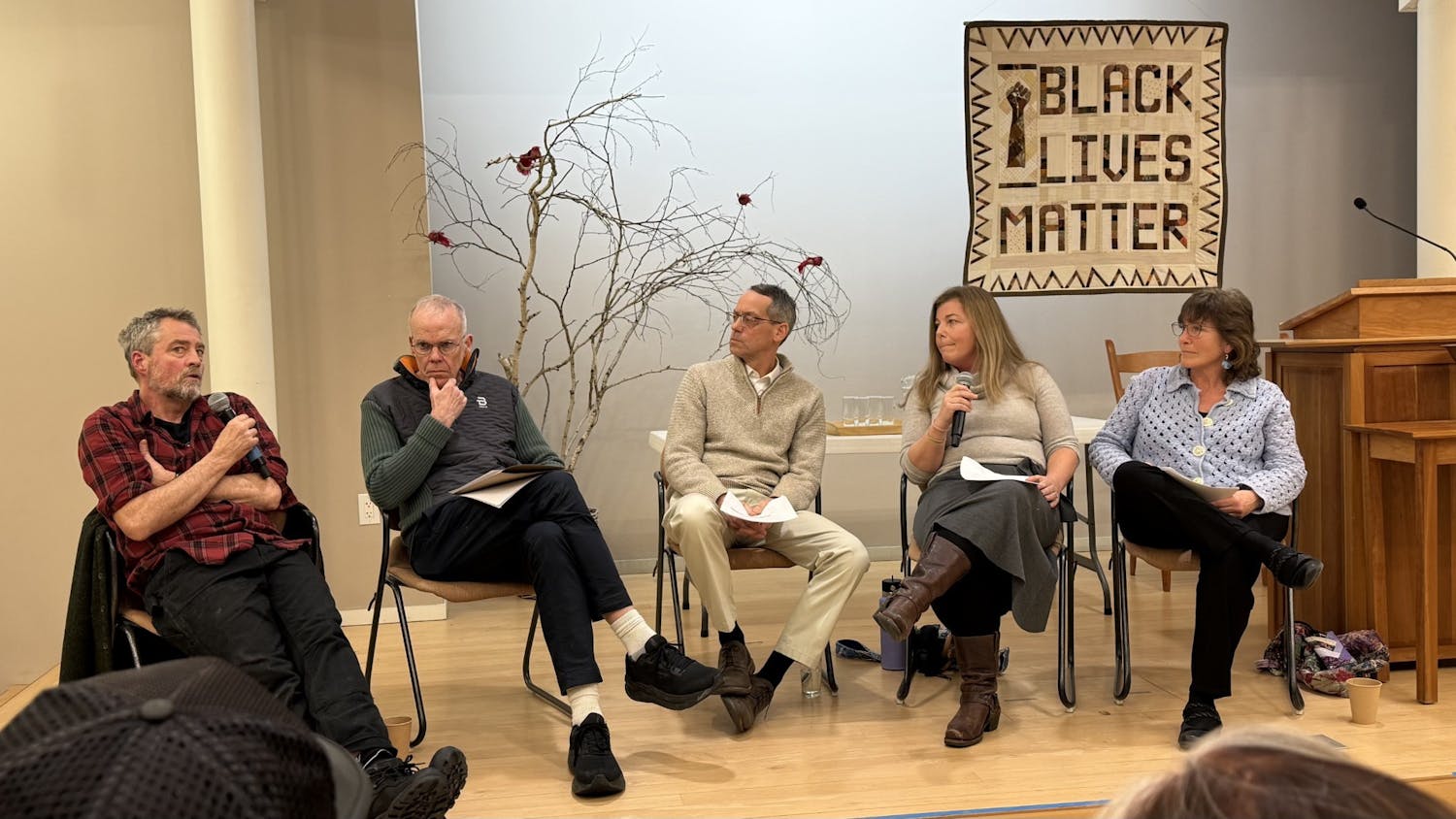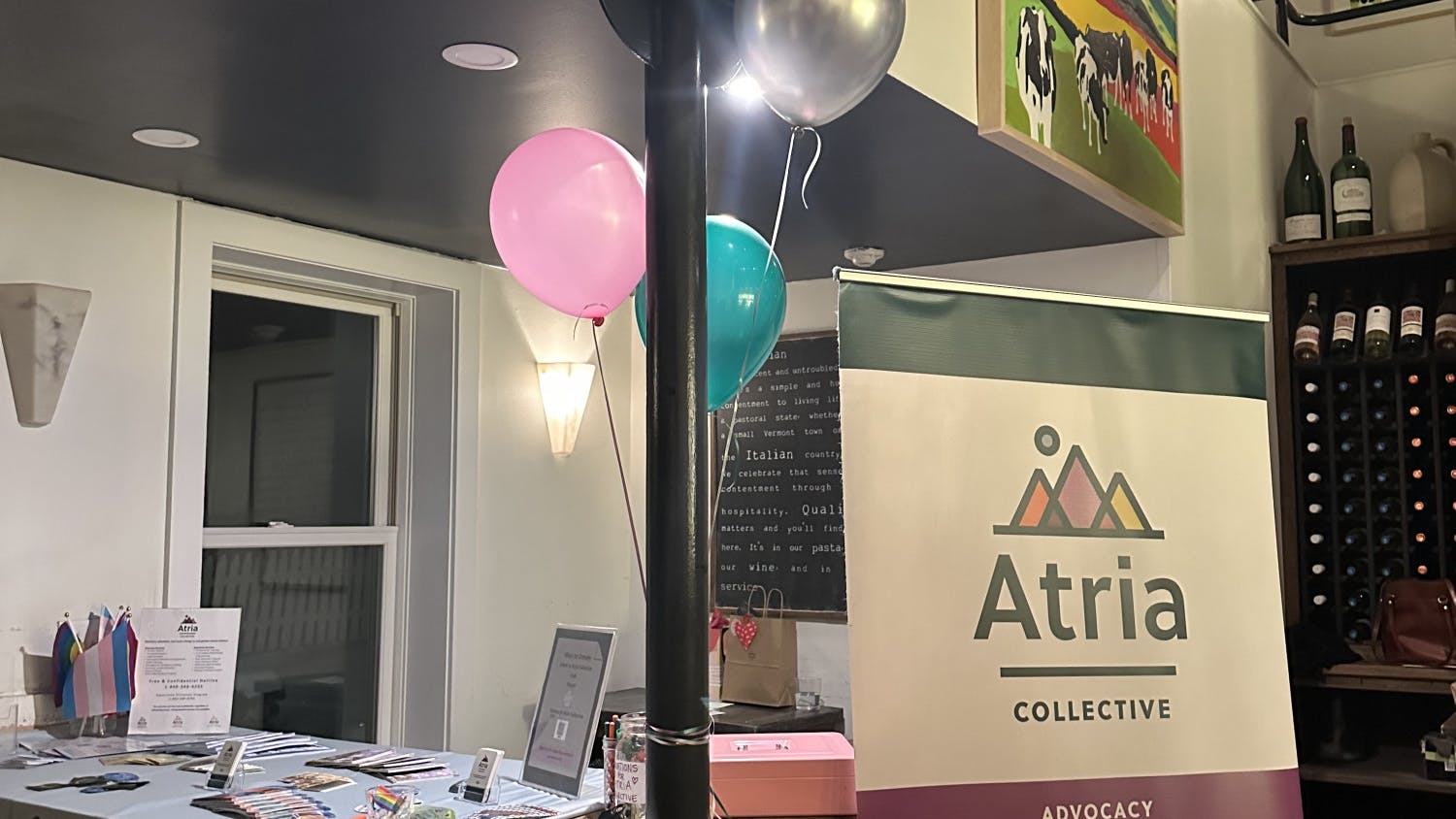Following the 2010 census — termed by the Census Bureau as “the most massive participation movement ever witnessed in our country” — the 2020 decennial census risks miscounts as a result of Covid-19.
The decennial census, which has been conducted every ten years since 1780, is a complete count of the U.S. population. As stipulated by the U.S. Constitution, the census determines state representation in the U.S. House of Representatives. It also dictates how federal funding is distributed.
“The census tells us who we are and where we are going as a nation and helps our communities determine where to build everything from schools to supermarkets,” reads the census website. In a time of social distancing and mass hospitalizations, however, conducting a count of the U.S. population is proving more difficult than usual.
“We know that there are many people who have died in the last few weeks who, a couple weeks ago, would have been counted as Americans but might not be,” said Middlebury Assistant Professor of Sociology Matt Lawrence. He added that the Covid-19 pandemic has disrupted the usual distribution of certain populations, including college students.“College students have moved away from campuses,” he said, “and there are some concerns about what that might do for local counts.”
Middlebury has responded to this issue by sending out a school-wide email reminding students that they will be counted by the college, which Lawrence commends.“This is a census that is being completed in a moment of uncertainty,” he said. “I don't think there's any question about that.”
Middlebury Professor of Geography Peter Nelson said that Covid-19 also hinders certain efforts the Census Bureau has used to encourage responses. These efforts include sending community advocates into neighborhoods to talk with citizens who might be wary of filling out the census. Another planned effort was for the Census Bureau to encourage ministers to endorse the census in their Sunday services. This effort is not an option this year.
“We know that churches aren't meeting,” Nelson said, “so some of the traditional vehicles that the Census [Bureau] has used to turn out the vote, so to speak, are closed given the constraints on mobility.”
Such actions reduce undercounts, something both Nelson and Lawrence are concerned about.
“[Undercounting] tends to be minority communities, low income communities, hard to reach communities [and] communities that don't trust the government,” Lawrence said.
Lawrence said that frequently undercounted communities include homeless populations and others who do not have a consistent address. This creates a funding problem for populations in need.
“The people who need the most federal funding for social services also tend to be the people who are least likely to be counted, which is why [undercounting] ends up being such a problem,” he said.
Despite these difficulties, Nelson said that the Census Bureau has the capacity to correct for possible undercounts.
“Typically, the Census Bureau will release the uncorrected results from the 100% count of the population, knowing that there are people that were missed,” he said. “Then, they have statistical mechanisms to adjust those counts.”
Nelson says these mechanisms include exit and follow-up surveys that help gauge the extent of the census’ undercount. Even correcting the undercount can prove difficult, however.
“[Correcting the undercount] becomes a really politicized process,” Nelson said. “It’s to the advantage [of certain political interests] to have the corrected numbers, and other groups benefit from having the uncorrected numbers.”
This politicization results from the link between the census and the distribution of political power, the latter of which is determined using census data.“Representatives that represent [undercounted] constituencies often advocate for the corrected numbers, [because] then there are more people in their districts,” Nelson said.
These areas, often urban and communities of color, are being disproportionately affected by the novel coronavirus, Lawrence pointed out. He said that census data is needed to better understand Covid-19 and its spread.
“I think that if we want to know how much more at risk, say, African American communities are to Covid-19 — which is something that a lot of the numbers are showing us — we need to know the community, or we want to know the community's racial and ethnic composition,” he said.
He added that the census may offer a chance to look more closely at inequality in the wake of the pandemic.
“If anything, I think Covid-19 demonstrates the importance of having information about local communities,” Lawrence said. “We will need to rely on census data — about racial composition, about household composition, about sex — to be able to understand, to be able to detail [and] to be able to document this crisis we're all going through right now.”
Nelson also noted that the 2020 census was going to prove challenging even before the Covid-19 pandemic. He cited that the potential inclusion of a citizenship question contributed to the expected difficulties.
The citizenship question —which would ask about a respondent’s citizenship status — does not appear on the 2020 census form. However, Nelson said that just the prospect of such a question has still discouraged certain communities from filling out the census.
Lawrence, too, had concerns that the prospect of a citizenship question could discourage responses.“If there are citizens who live in areas that might have a lot of surveillance from ICE officials, for example, or if there are citizens who have relatives or housemates who are not citizens, they might also not want to draw attention to those people in their census forms,” Lawrence said.
Aside from worries concerning citizenship, Nelson said that another factor he is thinking about is accessibility. Nelson said that this census, which is the first census that can be completed online, may make it difficult for certain populations to respond. He acknowledged, too, that the opposite may be true.
“My guess is that [internet technology] would have improved the coverage, though we also know that there's an age component to that,” he said. “My 78-year-old mother might not be as savvy at filling out her form online.”
Nelson added that there are also populations who do not have access to reliable internet, which could make responding to the census difficult.“There's a digital divide that could compromise the count,” he said. “The undercount could be higher in rural areas where the internet coverage is more spotty, or among marginalized populations that are less likely to have reliable internet.”
For more information, visit www.2020census.gov

Ariadne Will ’22 is a local editor for the Campus.
She has previously served as a staff writer, where she covered topics ranging from Middlebury’s Town Meeting to the College’s dance performances.
Will also works for her hometown newspaper, the Daily Sitka Sentinel, where she covers tourism and the Sitka Planning Commission.
She is studying English and American literature with a minor in gender, sexuality and feminist studies.




